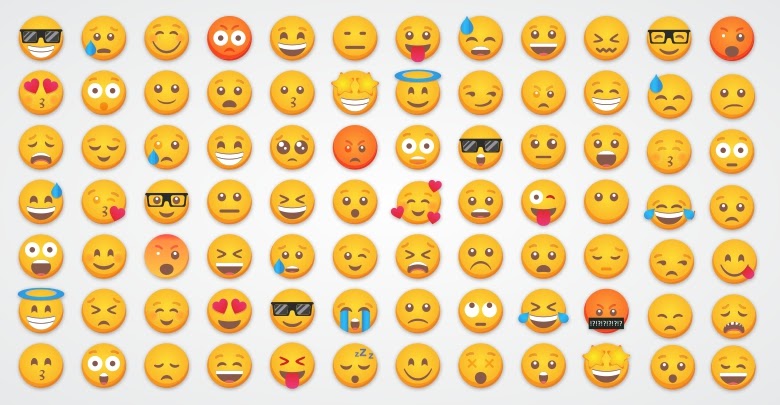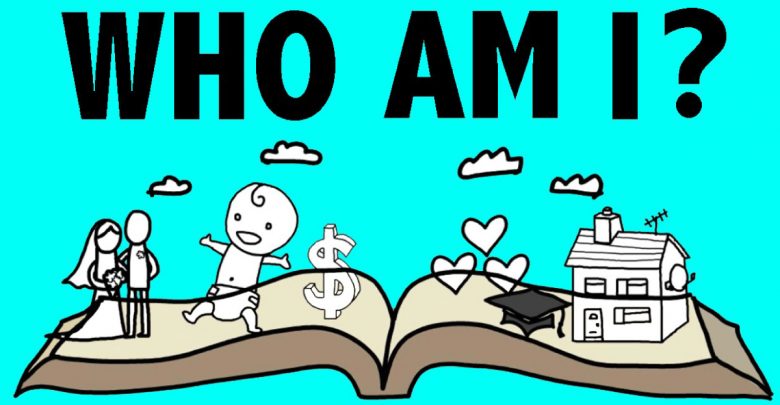Search Results for: youtube
-
About the Trainers Library Project Dear reader, The idea for an online resource center came during the training course “Train the Trainers – It’s up to me 4” that was held in 2017 in Germany. During the past four years of conducting this training course, we have been collecting learning materials for the participants from a variety of sources…
Read More » -
What Is Culture? Culture is the totality of values, beliefs, and behaviors common to a large group of people. A culture may include shared language and folklore, communication styles and ideas, and thinking patterns—the “truths” accepted by members of the group. Members of culture have similar expectations of life. The term “culture” derives from the Latin word “cultura” which means…
Read More » -
Emotional intelligence (EI) refers to the ability to perceive, control, and evaluate emotions. Some researchers suggest that emotional intelligence can be learned and strengthened, while others claim it’s an inborn characteristic. Description: The Emergence of Emotional Intelligence: It was not until 1985, when in a doctoral dissertation by Wayne Payne that the term, “emotional intelligence” was first used. In 1987,…
Read More » -
Sometimes it could happen that we are challenged by a group in a training course and the following might happen for different reasons: 1. the content is not coherent with the need of the group, 2. the delivery of the session is not well adapted to the learning style of that group, 3. sometimes we are in a specific phase…
Read More » -
Introduction: ICT and e-learning tools and techniques are not always very familiar or they can bring challenges for being integrated into a whole educational flow. The trainer should be able to identify those challenges, name them and preview a possibility or better a strategy to overcome them. Challenges sometimes are a good reason for not take into account the possibility…
Read More » -
introduction: The trainer should be able to apply and not only to know the principles of non-formal learning and, in a way, transforming them into their sessions and passing them to the participants. The principles of non-formal learning should be the basis of the understanding and practices of training proposals and having a clear aim of having an impact on…
Read More » -
Content: Flexible thinking is one of the three main executive skills. The other two are working memory and inhibitory control (self-control). Together, these skills allow people to manage their thoughts, actions and emotions in order to get things done. Think about what might happen when a child encounters a tough math problem. She uses inhibitory control to stay focused. She…
Read More » -
Why did I choose this tool? Accepting ambiguity and change has always been a challenge for me. The desire to be right and to be certain has definitely dominated a portion of my life and at times still does. However, as a trainer and as a person I have come to see that the greatest breakthroughs I have experienced were…
Read More » -
Why did I choose this tool? This tool provides not only the theory behind the use of power in communication, transactional analysis, but also an actual transaction that we can analyze in order to understand the theory better. Therefore, it is useful for understanding the theory as well as being able to apply it. How does this apply to being…
Read More » -
Why did I choose this tool? When I learned about attachment theory, it was a breakthrough for me. It helped me to understand my behavior online and offline, and why certain things mattered so much to me (for example why I would prefer to have a negative response from someone than not to have any response at all). This made…
Read More »








